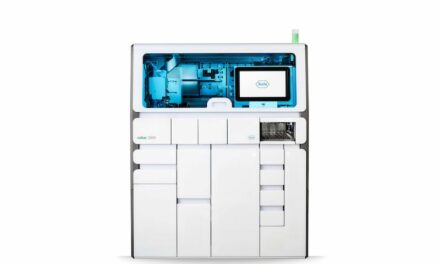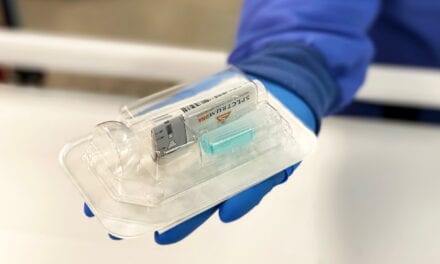The Association for Molecular Pathology recently submitted written comments to FDA emphasizing that the agency should refrain from regulating the design, validation, and interpretation of next-generation sequencing (NGS) procedures, and should instead focus its attention on regulating the performance characteristics of NGS instruments, reagents, and related software. To establish standards for FDA-cleared or approved NGS instruments, test kits, and software, the association further encouraged FDA to partner with private sector organizations and experts.
AMP’s comments were made in response to the agency’s request for feedback relating to its February 20 public workshop, “Optimizing FDA’s Regulatory Oversight of Next-Generation Sequencing Diagnostic Tests,” when AMP members joined dozens of stakeholders in delivering perspectives regarding the regulation of NGS diagnostic tests. During the workshop, panel discussions and public comments advised FDA on the regulatory structure needed to continue the advancement of innovation in precision medicine while protecting public health.
“While we see the value for FDA to help ensure performance consistency of NGS diagnostic tests, we stand firm that the assay design, validation, and interpretation of NGS procedures are essential medical services performed by highly qualified professionals, and that these central practices of medicine must remain outside the purview of FDA,” says Andrea Ferreira-Gonzalez, PhD, chair of the division of molecular diagnostics at Virginia Commonwealth University Health System and chair of AMP’s NGS working group.
In its preliminary discussion paper, FDA identified several areas that required more assessment before the agency could implement proposed regulation in the field. In response, AMP’s NGS working group has stressed that new regulatory initiatives should use a flexible approach in order to accommodate ongoing technological innovation as well as the growing body of medical and scientific knowledge that characterizes NGS-based diagnostic tests.
“As healthcare professionals, we find ourselves at the beginning of a revolution in medical practice, where advances in genetic and genomic technologies promise to yield enormous benefits for patients and public health,” says Roger D. Klein, MD, JD, chair of AMP’s professional relations committee. “It is critical that FDA recognize the promise these new technologies hold for patients and healthcare providers, and refrain from taking actions that could impair this progress. As such, we believe that FDA can best contribute to patient care, medical advancement, and public health by ensuring that the performance characteristics of FDA-cleared or approved instruments, test kits, software, and reagents that are sold to customer laboratories are consistent with vendors’ claims in their labeling, promotional materials, and sales activities.”
AMP’s written comments can be found online via the AMP website.






